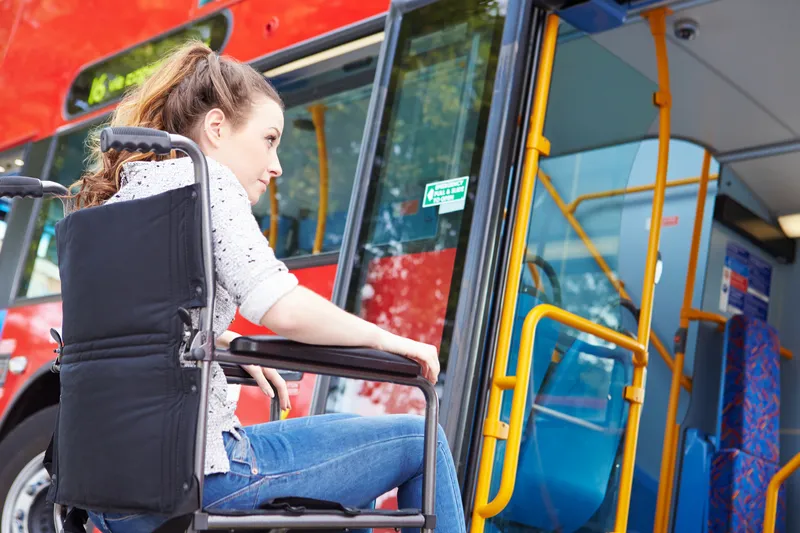UCCs are logistics facilities where goods are dropped off and combined onto commercial vehicles for delivery to their final destination.
TSC applied its economic assessment tool to estimate the cost and benefits of moving towards a logistics consolidation model at the University Hospital Southampton Foundation Trust.
The case study showed deliveries could be reduced from 867 a week to 25 by using the UCC operated by Meachers Global Logistics.
Uptake of UCCs has been low in the UK due to the associated costs of establishing and running an extra step in the logistics supply chain.
Andrew Traill, the TSC’s principal technologist for freight and logistics, says more 'outside the box' thinking such as this need to be reconsidered by towns and cities facing increasing congestion and the need to reduce emissions.
“Ultimately, this model can lead to cleaner towns and cities and more efficient deliveries, whilst producing a much-needed relief to road systems which are struggling with traffic volumes,” Traill adds.
UCCs can improve air quality in towns and cities, says TSC
Urban consolidation centres (UCCs) can help UK local authorities meet air quality obligations through the reduction of goods vehicle miles in urban areas, says the Transport Systems Catapult (TSC). These centres could also help improve congestion, the research and technology organisation adds.
UCCs are logistics facilities where goods are dropped off and combined onto commercial vehicles for delivery to their final destination.
TSC applied its economic assessment tool to estimate the cost and benefi
July 17, 2018
Read time: 2 mins
Urban consolidation centres (UCCs) can help UK local authorities meet air quality obligations through the reduction of goods vehicle miles in urban areas, says the 7800 Transport Systems Catapult (TSC). These centres could also help improve congestion, the research and technology organisation adds.








